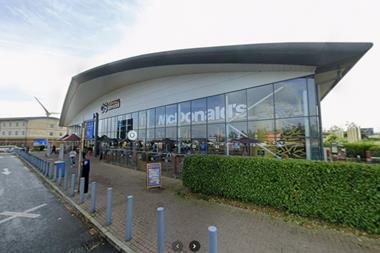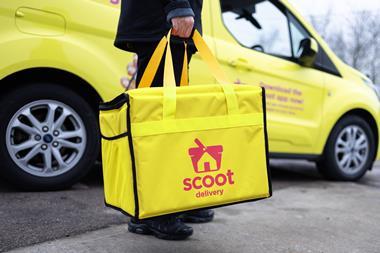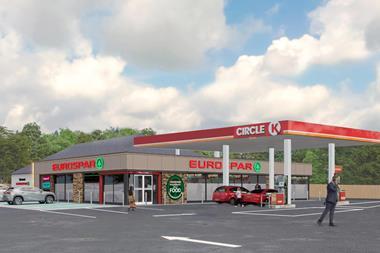The PRA has raised concerns directed at the government’s announcement during yesterday’s Queen’s speech, that large retailers and motorway service areas (MSA) will be required to install electric charging points, in order to drive the development of electric cars.
During her address to Parliament the Queen said: “Legislation will be introduced to ensure the United Kingdom remains a world leader in new industries, including electric cars and commercial satellites.”
In the previous session of Parliament the Government introduced the Vehicle Technology and Aviation Bill, which passed its second reading. But when Parliament was dissolved because of the general election was called, it meant the Bill fell.
The Bill would have given the Government powers to force “large fuel retailers” and operators of motorway service areas to provide electric charging points and hydrogen refuelling facilities.
PRA chairman Brian Madderson said: “Clarity over the definition of ‘large retailers’ is urgently needed.
“The measure forms part of a government push to increase the number of electric vehicles on UK roads. However the PRA is concerned this could place an unreasonable financial burden on independent fuel retailers who feel there is insufficient market demand to justify the investment at this time.
“The PRA recommends that the government introduces a centralised, monetary fund allowing for private businesses to apply for grants which will underwrite such speculative investment in rapid charge equipment.”
Mark Frostick, senior associate at Rapleys, also commented on the announcement of the Automated and Electric Vehicles Bill, which aims to promote both alternative fuelled vehicles and assist with developments in driverless cars.
“...one proposal relates to the requirement for motorway service areas and large fuel retailers to install charging points on their sites," he said. "While the majority of motorway service areas (MSAs) appear to have already installed charging points, for petrol stations this could be a major change.
“As ‘large fuel retailers’ has yet to be defined given the current situation in the industry, ‘large could mean the oil companies that still own and operate sites (Shell, BP, Gulf and Esso) along with the supermarkets and the biggest independent groups. However it could also be interpreted as ‘large’ in terms of size of the site. However either way there could be some problems for operators.
“Firstly charging time, generally the petrol station operators want to get parties through as quickly as possible to get new customers in, but a charging bay could tie up a parking space for a long period of time. This is less of an issue when you have a large site with plenty of parking and amenities but small, tight sites do still exist and if someone is tying up a space. While charging times are dropping, they are still significantly longer than it takes to fill up your car and buy a sandwich. We have seen prices of £6-7 for 30 minutes of charging. Significantly less than the same amount of time for valeting, air or vacuum in general.
“Of course technology moves quickly in electric vehicles and operators could install something that has to be updated on a regular basis but are likely to have to be updated more often than traditional pumps.
“If they only target the largest operators in terms of size then their spread of sites will influence where charging points go rather than a more sensible planned network.
“Given the effective loss of at least a valuable parking space to operators this could have a big effect on some of the smaller, tighter sites. However we will have to wait to see the detail on how this will actually work and the industry is likely to need to look closely at how they deal with this.”

































No comments yet